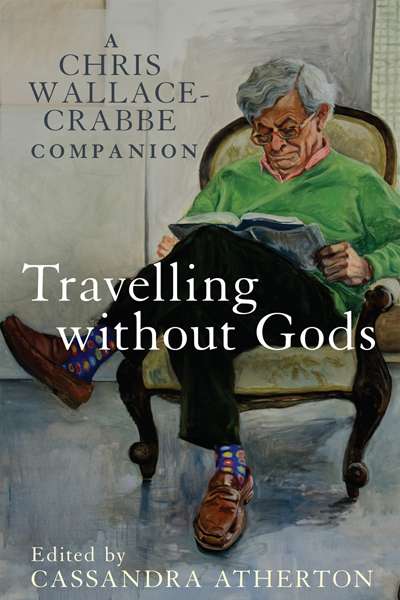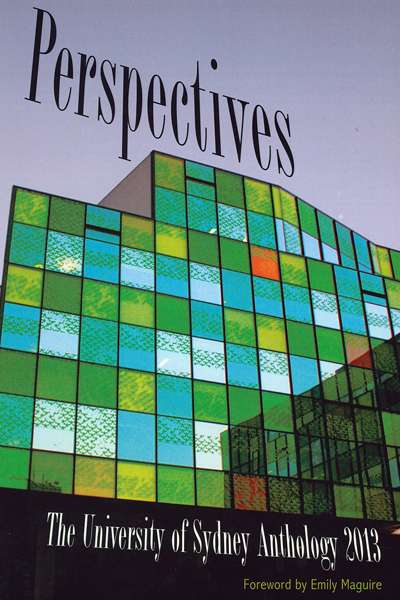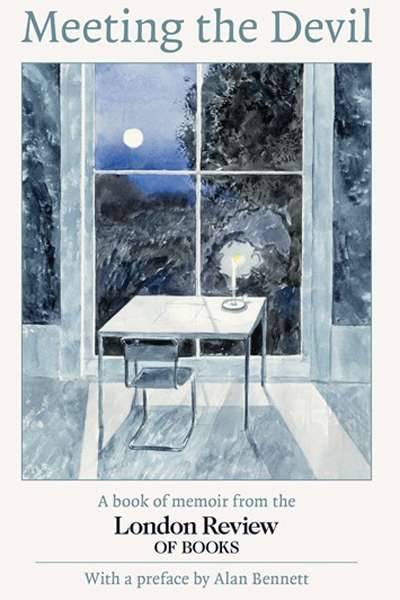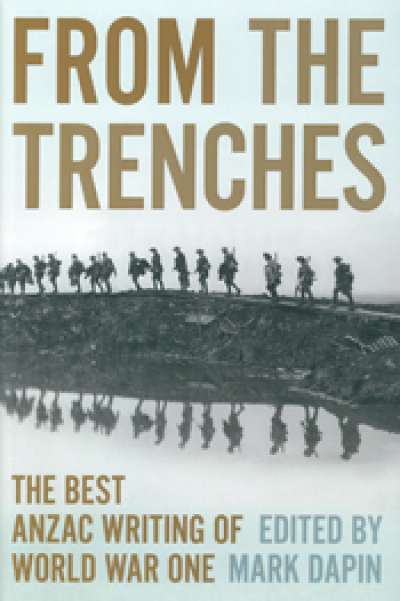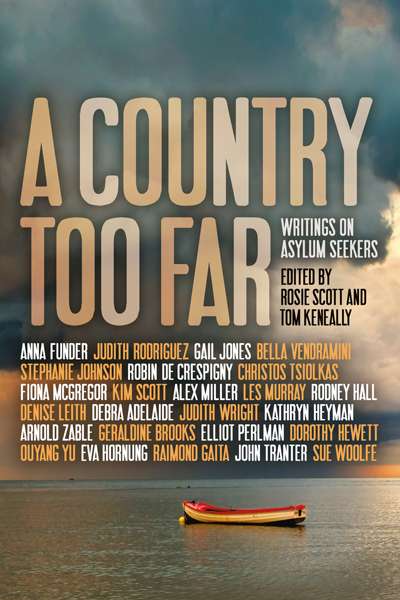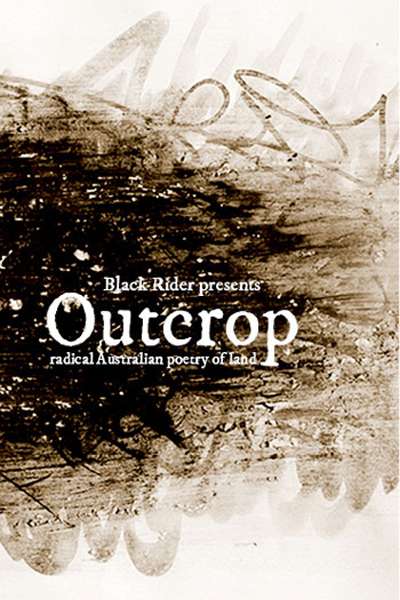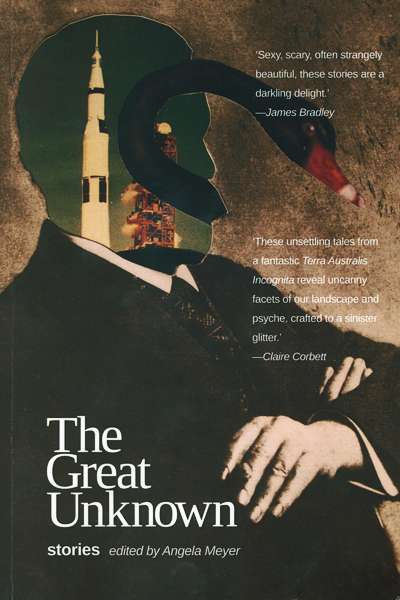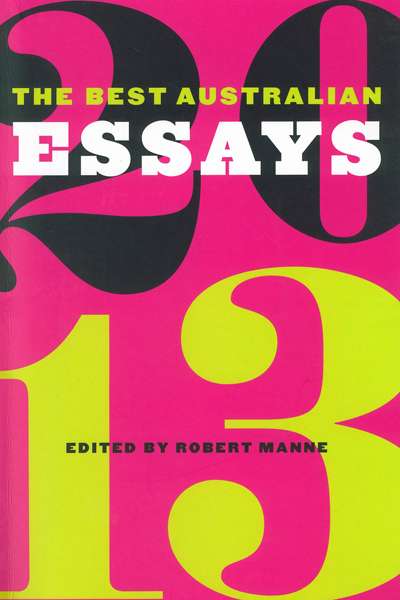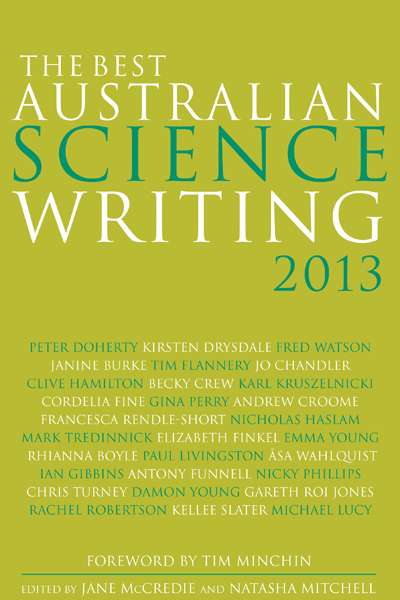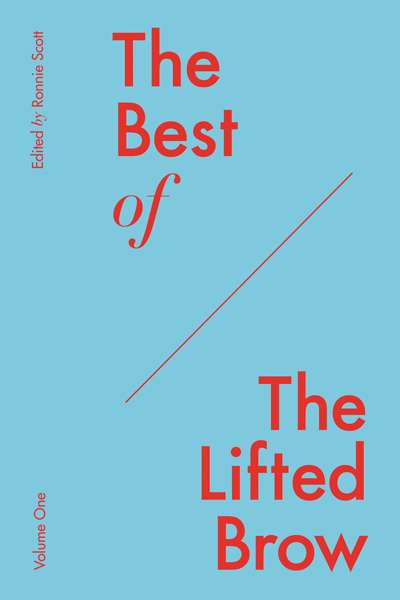Anthology
Travelling Without Gods edited by Cassandra Atherton & My Feet Are Hungry by Chris Wallace-Crabbe
by Anthony Lynch •
Perpsectives: The University of Sydney anthology 2013 edited by Aqmarina Andira et al.
by Nigel Featherstone •
Meeting the Devil: A book of memoir from the London Review of Books edited by London Review of Books
by Ann-Marie Priest •
From the Trenches: The Best Anzac Writing of World War One edited by Mark Dapin
by Geoff Page •
A Country Too Far: Writings on Asylum Seekers edited by Rosie Scott and Tom Keneally
by Alex O'Brien •
Outcrop: Radical Australian Poetry of Land edited by Corey Wakeling and Jeremy Balius
by Jennifer Harrison •
The Best Australian Science Writing 2013 edited by Jane McCredie and Natasha Mitchell
by Danielle Clode •
The Best of the Lifted Brow: Volume One edited by Ronnie Scott
by Dion Kagan •

